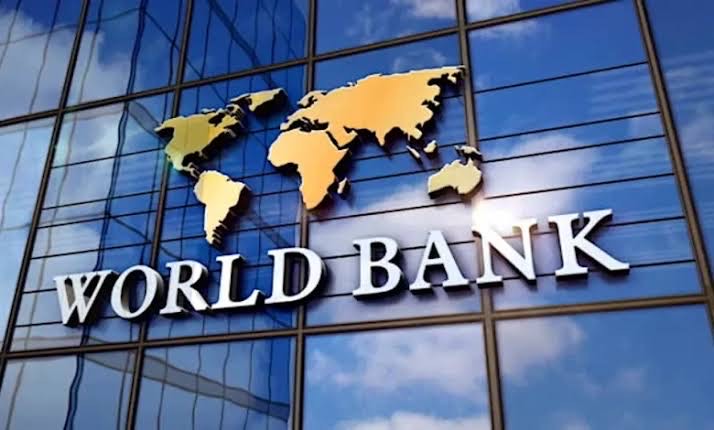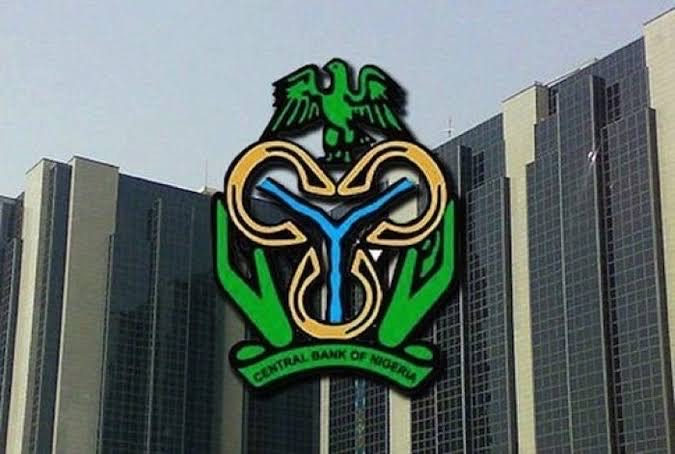The World Bank has warned that monetary policy tightening by the Central Bank of Nigeria (CBN) will not effectively combat inflation in the country.
The report was released by the Bretton Woods Institute in its World Economic Outlook report on Wednesday. According to the World Bank, failure to tighten inflation policy is one of the risks to Nigeria’s economic growth. In its report titled “World Economic Outlook,” the World Bank said, “Risks to Nigeria’s growth prospects are significant, including the possibility that monetary policy tightening alone may not be enough to contain inflation.”
Despite the CBN interest rate hike from 22.75% to 26.25% since February, the World Bank expects Nigeria’s economic growth to remain at 3.3% in 2024 and 3.5% in 2025.

The report added that after the initial shock from macroeconomic reforms, economic conditions are expected to improve gradually, leading to sustained but still moderate growth in the non-oil economy, noting that the oil sector is expected to stabilize as production recovers slightly, highlighting the need for a more stable supply of oil.
The report also noted that “Growth in Sub-Saharan Africa (SSA) will slow to 3% in 2023. Growth in the region’s three largest economies (Angola, Nigeria, and South Africa) will remain sluggish, slowing regional growth. In early 2024, private sector activity also picked up as the global economy recovered.
At the same time, many economies in the region continue to struggle with weak government balance sheets, due in part to low tax revenues and high debt service costs, and some are also suffering the adverse effects of currency devaluations.
“Inflation generally declined through 2023 but rose again in early 2024, partly due to food price inflation (Figure 2.6.1.B). Headline inflation rates remained persistently high and even rising, especially in several large SSA economies (Angola, Ethiopia, Ghana, and Nigeria), leading in some cases to higher interest rates (Figure 2.6.1.C). Food insecurity remains high.
It is estimated that 135 million people in the region will suffer from a food crisis or worse acute food insecurity in 2024 (FSIN and GNAFC 2024). Prolonged drought in parts of East Africa and floods in parts of Southern Africa, as well as intense and protracted violent conflicts in countries in the Sahel and Horn of Africa, contribute to high levels of food insecurity.

“In Nigeria, growth slowed to 2.9% in 2023. Despite ongoing macroeconomic adjustments, the economy is expected to perform fairly well through early 2024. Oil production has been increasing since mid-2023 (Figure 2.6.1.D).
To contain runaway inflation, which had exceeded 30% year-on-year in early 2024, the central bank has significantly tightened its monetary policy stance, including raising its key interest rate by a total of 600 basis points to 24.75 Percent
“Nigeria’s growth rate is expected to increase to 3.3 percent this year and 3.5 percent in 2025. After an initial shock from macroeconomic reforms, economic conditions are expected to gradually improve, leading to sustained but still moderate growth in the non-oil economy. Furthermore, the oil sector is expected to stabilize as production recovers to some extent.
There are significant risks to Nigeria’s growth outlook, including the possibility that tighter monetary policy alone may not be enough to contain inflation.


































